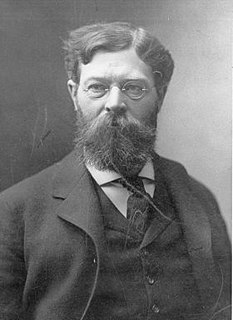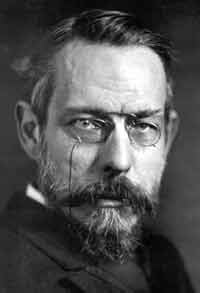A Quote by Maimonides
One should see the world, and see himself as a scale with an equal balance of good and evil. When he does one good deed the scale is tipped to the good - he and the world is saved. When he does one evil deed the scale is tipped to the bad - he and the world is destroyed.
Related Quotes
In this world, there is no absolute good, no absolute evil," the man said. "Good and evil are not fixed, stable entities, but are continually trading places. A good may be transformed into an evil in the next second. And vice versa. Such was the way of the world that Dostoevsky depicted in The Brothers Karamazov. The most important thing is to maintain the balance between the constantly moving good and evil. If you lean too much in either direction, it becomes difficult to maintain actual morals. Indeed, balance itself is the good.
Man and his deed are two distinct things. Whereas a good deed should call forth approbation and a wicked deed dis-approbation, the doer of the deed, whether good or wicked always deserves respect or pity as the case may be. Hate the sin and not the sinner is a precept which though easy enough to understand is rarely practised, and that is why the poison of hatred spreads in the world.
The world we live in is a world of mingled good and evil. Whether it is chiefly good or chiefly bad depends on how we take it. To look at the world in such a way as to emphasize the evil is the art of pessimism. To look at it in such a way as to bring out the good, and throw the evil into the background, is the art of optimism. The facts are the same in either case. It is simply a question of perspective and emphasis.
There are two kinds of Riya - Showing off-Ostentation ie pure ostentation and adulterated ostention. In pure ostentation "Riya" a man does a good deed only for worldly benefit. In Adulterated ostentation, a man does a good deed with the intention of reaping the benefits of the world as well as of the Hereafter.
In the story of the Creation we read: ". . . And behold, it was very good." But, in the passage where Moses reproves Israel, the verse says: "See, I have set before thee this day life and good, and death and evil." Where did the evil come from? Evil too is good. It is the lowest rung of perfect goodness. If you do good deeds, even evil will become good; but if you sin, evil will really become evil.
Scale is a mental - you can say that a lounger has scale, a building has scale, or an object has scale, or a page, or whatever if it's just right. A scale is a relationship to the object and the space surrounding it. And that dialogue could be music, or it could be just noise. And that is why it is so important, the sense of scale.





































